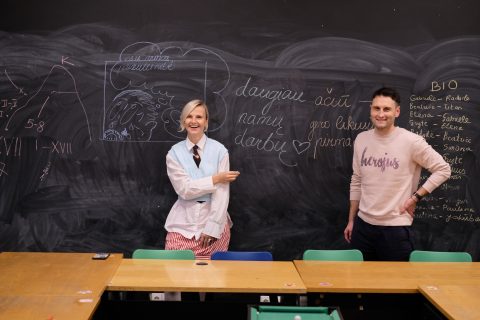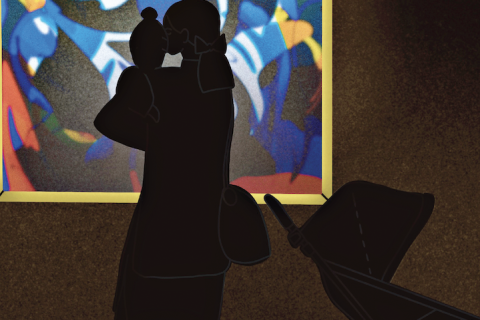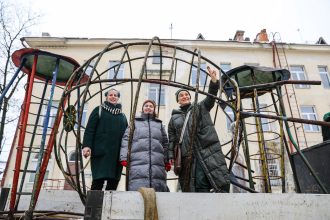When asked about their interest in the performing arts, many adult theatregoers would probably recall the first performances they saw, as children. Some might recall a school or kindergarten-organized excursion, while others might remember attending a theatre with their parents or grandparents. Nostalgic, smile-inducing memories are an important start to cultural life. Theatre for children is a powerful educational tool that promotes imagination, empathy, social skills and intellectual growth.

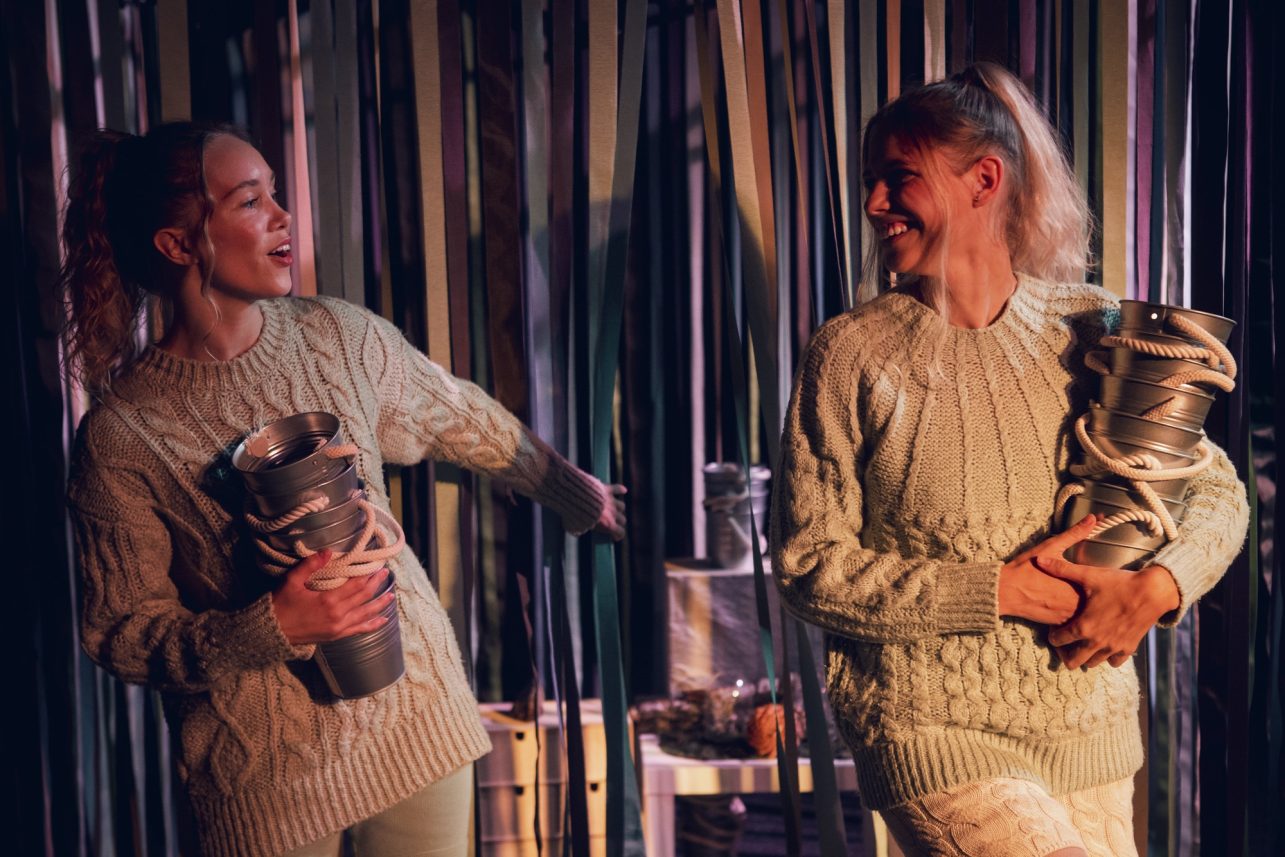
A few decades ago, theater for children was often perceived exclusively as a puppet theater experience. However, in the past several years, there has been a growing focus on the young audience, offering a wide range of theatrical experiences tailored to the expectations of different age groups. These range from sensory experiences for infants and cognitive benefits for preschoolers, helping them understand narratives and encouraging the comprehension of cause-and-effect relationships, to fostering empathy, concentration, and critical thinking in older children by interpreting the behaviors, decisions, and choices of characters seen in performances.
In conversations with different theatre makers, the prevailing opinion emerges: the children’s audience is probably the most demanding, always reacting actively to what is interesting and engaging, so creating a play for them is quite a challenge. As theatre director Agnė Sunklodaitė says, “The meaning of theatre for children is enormous, because it is from the performance for this audience that the nurturing of the viewer begins. Moreover, if a child comes to a play for their age and will not get disappointed, finding everything to be to their liking, they will want to come again and again.”
Recognizing the importance of theatre for children to be more than entertainment, to encourage them to think about the world, and to identify values, performances are created that reflect on a wide range of themes. Efforts are made to find the most suitable forms and ways of expression that are recognizable, appealing, and able to surprise the young audience. Let’s have a look at least at some of them, created in Kaunas theatres.
A great example that immerses one in the world of theatre is the Kaunas State Puppet Theatre’s play Slaptas lėlių gyvenimas (The Secret Life of Puppets), directed by Milda Mičiulytė. It takes you into the mysterious world of puppets, which comes to life when the stage lights go down. The play explores the relationship between the creator and their work as well as the magic of theater that stays even after the author has left. Visual effects, puppet characters, and music are used to create two intertwining narratives that capture the attention of the children and encourage the accompanying adults to reflect on the transience and value of creativity. The performance subtly reminds us of the fact that puppets, like independent characters, can preserve the creator’s spirit and inspire continuity in the memories of theater life.
Gaja Mara play created by theatre director Ieva Jackevičiūtė in the Kaunas City Chamber Theater interactively engages the youngest audience by telling a story about Gaja and Mara. These figures of light and darkness are skillfully combined with ancient Baltic relics, creating an exceptionally cozy atmosphere. At the same theater, the play 7 ratai (7 Wheels), aimed at slightly older children (ages 3-9), invites them on an adventure and journey full of discoveries during which, through music and movement they are encouraged to get to know the world. The minimal use of text stimulates the imagination of the little ones and allows them to interpret the action in their own way, emphasizing spontaneity and the joy of exploring the world. Through simple but compelling visual symbols, this performance teaches children to see the world with new eyes and enhances emotional awareness.
The play Paštininkas ir serbentai (Postman and currants), directed by Eglė Kižaitė, based on the book by Dovilė Zaveckaitė and staged at the National Kaunas Drama Theatre, talks about the beauty of everyday life, communication, and creative problem solving while exploring the sensitive relationship between a father and son. The play helps children understand the value of everyday life and highlights the importance of responsibility and help through humor and subtle experiences. The story focuses on rituals that are familiar to children and unexpected eventsand teaches them to take responsibility and to be careful and sensitive.
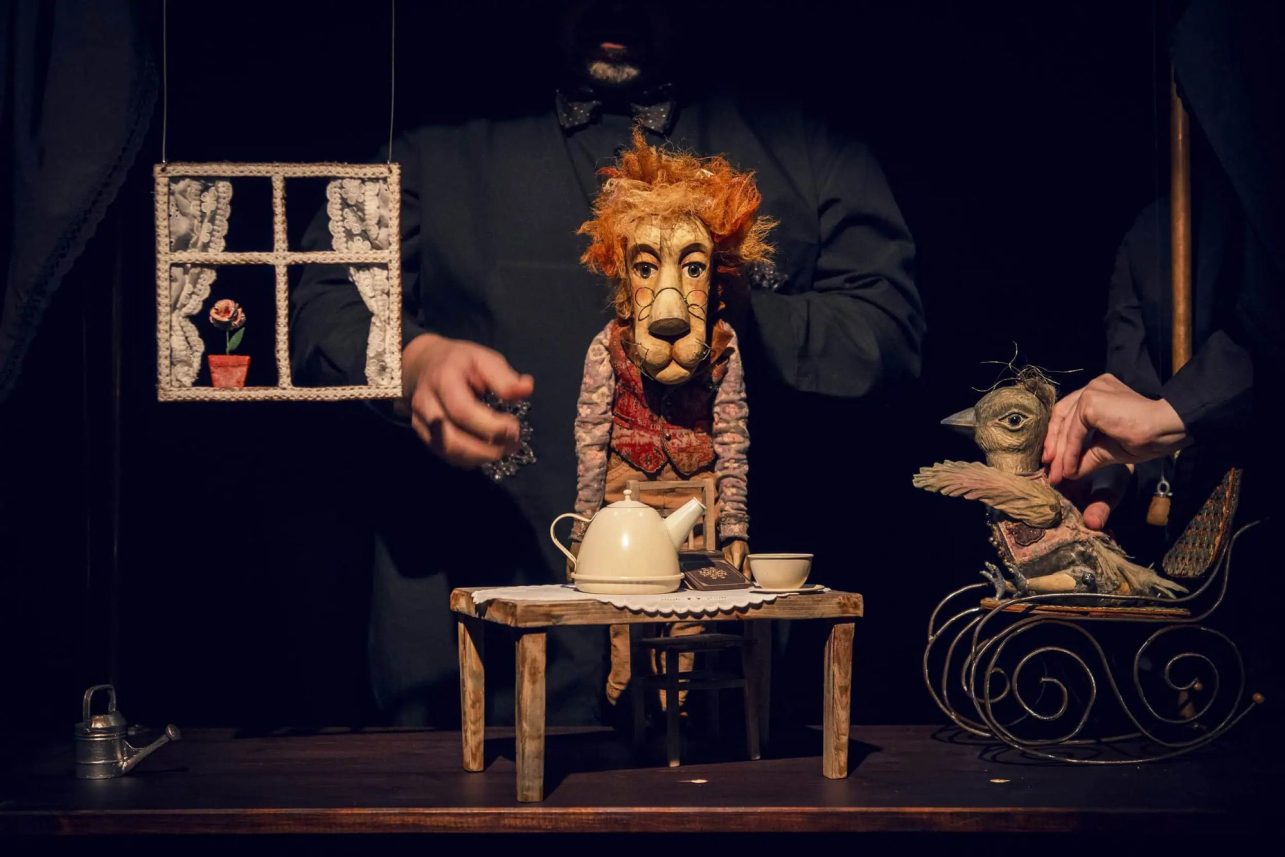
Hungarian director Kata Csató’s play The Lion and the Bird (Kaunas State Puppet Theatre) is a warm and poetic story of an unexpected friendship, told through the sensitive magic of puppet theatre. The play explores the themes of friendship, loyalty, and transience, with a lonely lion caring for an injured bird at the center of the story. The visual quality of the play and the subtle direction create a gentle atmosphere that wonderfully conveys not only the story of friendship but also the change of seasons.
Another work touching on topical themes (for audiences aged 9 and up) is the play Nykstantys žmogeliukai (Endangered Little People, Kaunas State Puppet Theatre) directed by A. Sunklodaitė. The production is inspired by Elizabeth Mary Cummings’ books The Disappearing Sister and The Forever Kid. The director of the play with playwright Milda Mičiulytė and artist Giedrė Brazytė decided to abandon the spoken word. Instead, the narrative is created through light, darkness, shadows, and music (sounds). A narrative of several different stories was created by combining E. M. Cummings’ works with the ideas of the play’s creators. Illness, death, remembrance – these themes are approached with great care, not to frighten the young audience, but to encourage them to think and view the hardships that befall them in more than just dark colors.
A sensitive approach to complex themes is also present in the play Jokūbo dienoraštis (Jacob’s Diary, Kaunas State Puppet Theatre) directed by Milda Mičiulytė. The characters from the little boy Jacob’s diary come to life, filled with joy and enthusiasm, while the brief dialogues are full of witty remarks that bring smiles to kids’ faces. The play depicts a Jewish community in a small town, the people of which have unique qualities that help the child audience learn about Jewish culture. The play focuses on Jacob’s relationship with his family and his grandfather, a tailor, who occupies a special place in his life. Jokūbas doesn’t want to outgrow the very special clothes made by his grandfather and appreciates every day that he spends with the townspeople and his grandfather. The boy’s safe and cozy world is shattered by the war, and he is left alone, with only the memories recorded in his diary. This story not only introduces children to historical reality but also encourages them to think about family and community ties and teaches empathy.
Directed by Darius Krapikas, the play Iškyla su muzika (Picnic with Music, Kaunas State Puppet Theatre) is a fun and interactive story that invites children on an upbeat adventure to explore music and its creators. This play educates young viewers by using playful stories and wit, while also delivering valuable information, introducing musical sounds, rhythms, and creators from different periods. During the performance, children are encouraged to discover the sounds of various instruments, learn to listen and respond to music, and engage their imagination and attentiveness. Miške (In the Forest, National Kaunas Drama Theater) directed by Eglė Kižaitė also invites the smallest of the viewers to an experiential acquaintance with music. The audience is encouraged to immerse themselves in the world of the forest through the journey of two sisters, using motifs from M.K. Čiurlionis’ symphonic poem Miške (In the Forest) and folk songs.
The leitmotif of the journey is also present in several other performances. For example, Dingęs kompasas (The Missing Compass, Kaunas City Chamber Theatre) by E. Kižaitė invites children aged 6-10 to an intense, interactive, and adventurous journey in search not only of their physical compass but also of their emotional compass. At the end of the performance, the audience can explore the mysterious scenographic elements and props. A new unique paper theatre play Galaktikos (Galaxies) created by Jūratė Trimakaitė invites children aged 10 and older to embark on a journey. It is the story of a boy named Karolis, whose life is a constant balancing act between his love for the cosmos and the communication difficulties that arise from his autism spectrum disorder. He feels the world as an intense mosaic of sounds, colors, and sensations, and finds the things that are familiar to us, alien and complex. Karolis embarks on a journey through the imaginary cosmos, visualized in detail in his room, in search of people who understand and accept him, even though they appear to be just around the corner.
Perhaps the most energetic on this list is Augustas Gornatkevičius’ play Emilių Emilis (Emil of Emils, National Kaunas Drama Theater) inspired by Astrid Lindgren’s book Emil of Lonneberga, for kids aged 8 to 12. Through a series of incidents, the play touches on situations that are easily recognizable by the audience. Emilių Emilis is full of humorous elements, and the hyperbolized depiction of adults makes children laugh a lot: a suspicious, categorical mother; a father seemingly straight out of an animated movie or video game; a grandmother communicating via big phone; or an angry neighbor. The story is enhanced not only by the colorful stage design created by scenographer and costume designer Simona Davlidovičiūtė but also by active physical movement, for example, the actors are roller-skating on stage.
Theater experiences at all stages of developing personality contribute to the development of communication and social skills, which are important for children both in school and in their personal lives. These experiences encourage open-mindedness, imagination and creativity.

